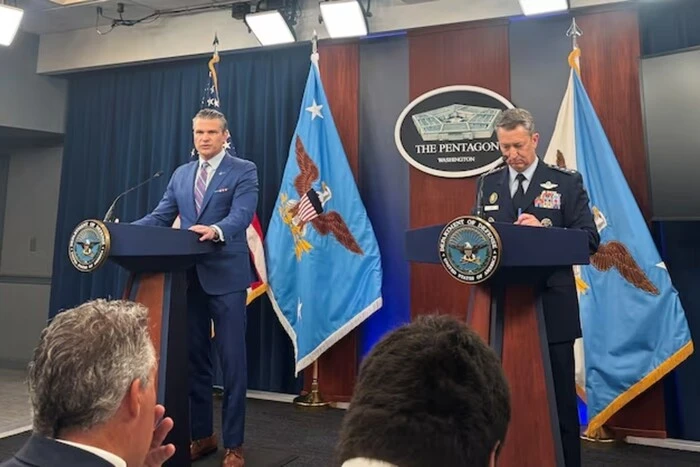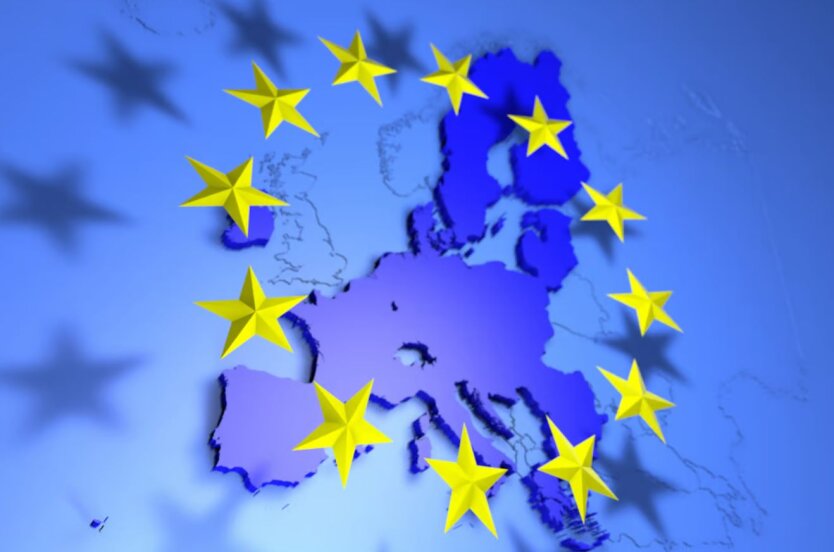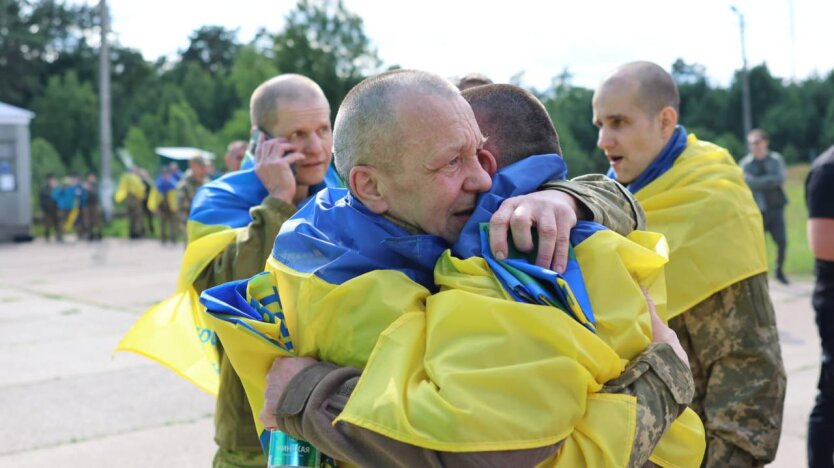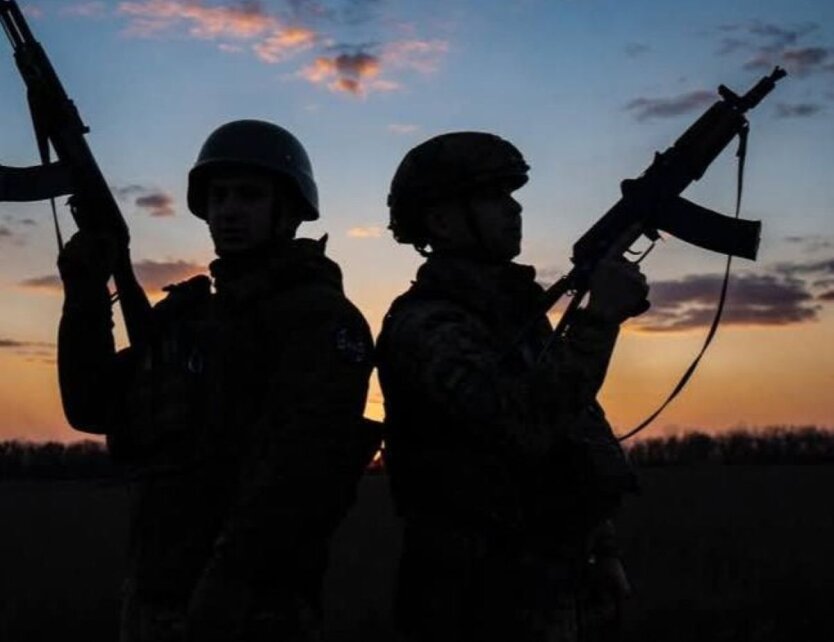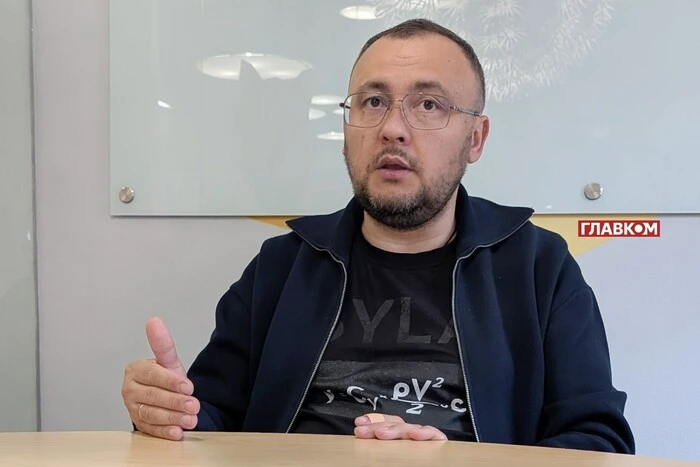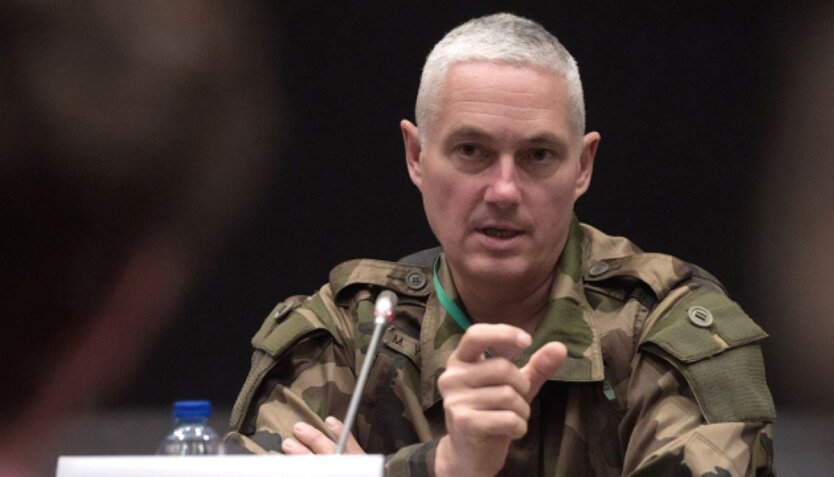ISW: Migrants are starved in Russia to force them to sign military contracts.

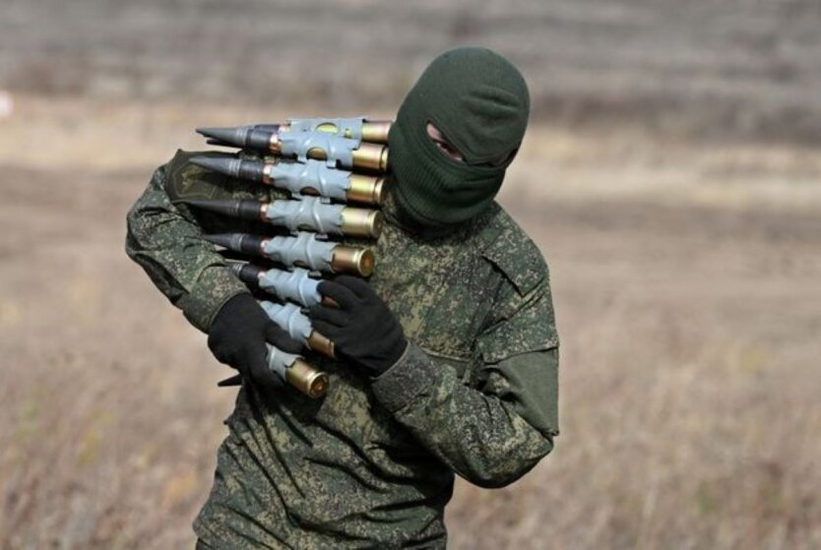
Migrants are detained without food and water in Russia
According to the Institute for the Study of War, Russian authorities illegally detain migrants without food and water and use physical violence against them to force them to sign military contracts.
According to the publication of the opposition edition "Okno", lawyers and human rights activists reported that almost all detained migrants are willing to sign military contracts, and Russian authorities threaten to deprive naturalized citizens of Russian citizenship and promise migrants citizenship in exchange for agreeing to military service.
Where did the information come from? According to the publication "Okno", raids on migrants have become more frequent after the terrorist act at the "Crocus City Hall" in March 2024.
The Russian government continues to take legislative steps to use migrants and recently naturalized citizens to meet the needs of the Russian army for servicemen.
On July 29, the Chairman of the State Duma of the Russian Federation Vyacheslav Volodin proposed to the Duma deputies to prepare a bill that would require new naturalized citizens of Russia to register for military service after receiving a Russian passport.
The Duma will also consider amendments that provide for an extension of military service for new naturalized citizens of Russia from one year to two and an increase in the conscription age.
Source: Українська правда
Read also
- The Pentagon responded to whether the States have information about Iran's hidden uranium stockpile
- EU Summit: What was decided regarding sanctions against the Russian Federation, negotiations with Ukraine on accession, and financial support
- Another stage of prisoner exchange: Ukrainians who had been in Russia for over three years have returned home
- Rear regions created a strategic reserve for the groupings 'Khortytsia' and 'Tavriya' - OP
- Who stopped the exhumation? Ambassador reported the details of the information diversion arranged by Russians in Poland
- NATO General Explains How the 'Korean Model' Could Work in Ukraine

